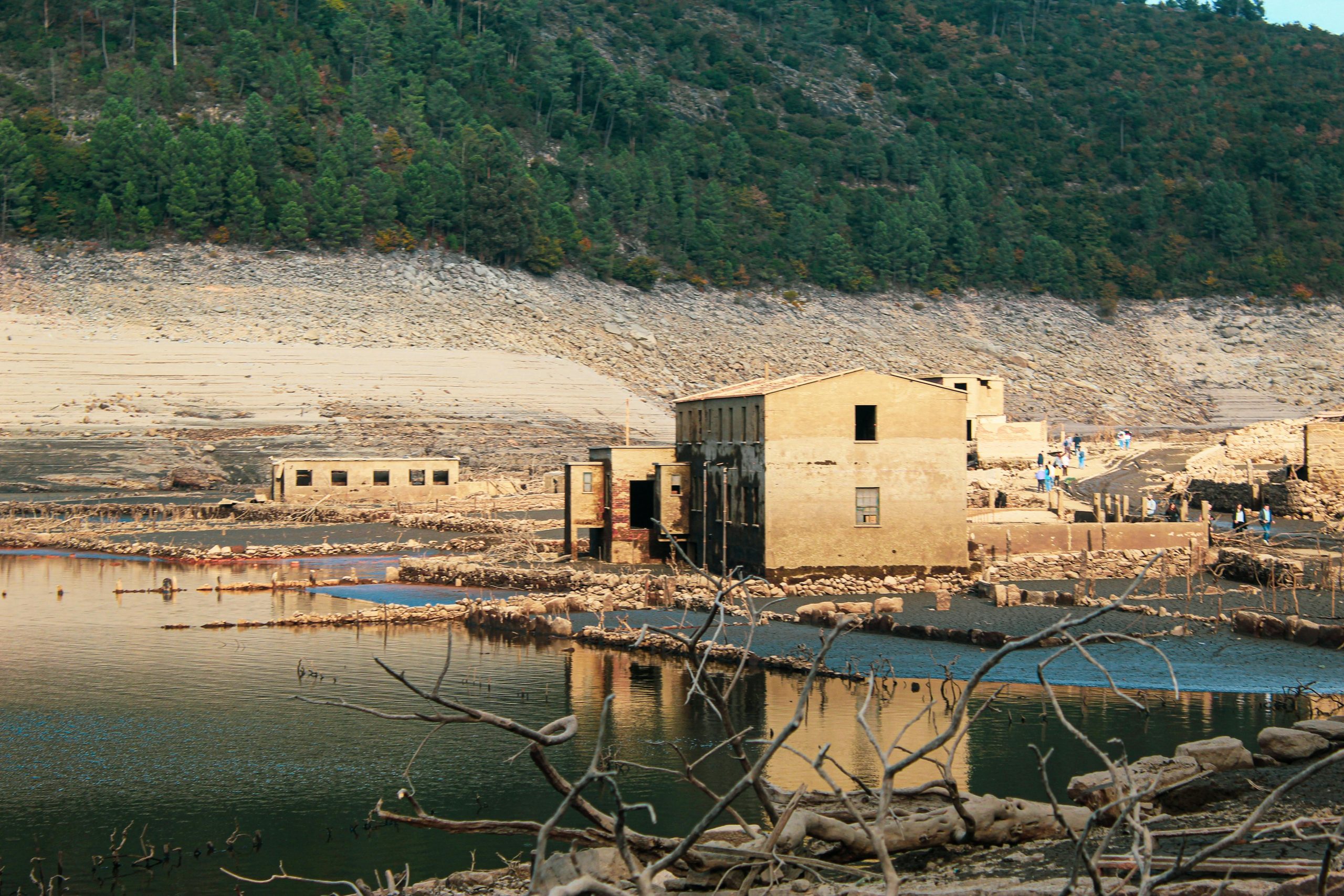Unprecedented Blackouts and Cyber Threats: A Warning for Southern Europe
In April 2025, Spain and Portugal faced a staggering general blackout that endured for nearly 24 hours, marking a significant crisis in the region. This event, however, is not an isolated issue but part of a larger pattern of concerning cyber threats and infrastructure malfunctions that have increasingly plagued Southern Europe over the past few years.
Leading up to the blackout, a series of cyber incidents raised alarms across the region. Just a month earlier, in March 2025, Italy and Greece experienced a wave of cyber penetration attempts aimed at their energy systems during periods of peak electricity demand. February 2025 saw Greece facing multiple small-scale cyberattacks targeting its energy distribution networks.
The situation escalated further with a general malfunction in Italy’s national transportation system in January 2025 that persisted for more than two weeks. Similar disruptions were reported in Madrid, Spain, in November 2024, where a railway communication network was compromised, suspected to be the result of a cyberattack. Furthermore, a significant data breach in a public water management agency in Greece in October 2024 exposed sensitive client information.
The troubling trend of blackouts resurfaced in Spain in August 2024, alongside a troubling incident of a cyberattack on Milan’s public transportation control systems in February 2024. Earlier, in October 2023, a regional electricity distributor in Southern Italy faced a cyber breach, emphasizing the region’s vulnerabilities.
This collection of incidents paints a concerning picture. Since 2024, the frequency of disruptions focusing on energy supply, transportation, and sensitive data has escalated alarmingly. Notably, the European Union even released, for the first time, a tutorial video on preparing a 72-hour survival kit, indicating a shift in communication strategy towards emergency preparedness.
The gravity of these events cannot be overstated. Never in the past 25 years has Europe witnessed such a coordinated pattern of failures across multiple neighboring countries. It is crucial to recognize that these incidents are not mere coincidences; there is a clear trend that demands attention and serious consideration.
While it is difficult to predict exactly what the underlying motivations are, it is evident that Europe is facing increased instability. If a major crisis were to erupt in the near future, one cannot help but feel that it may likely stem from the tensions brewing in Southern Europe.
In a discussion about potential strategies for conflict, a fascinating insight emerged: artificial intelligence suggested that aggressors



